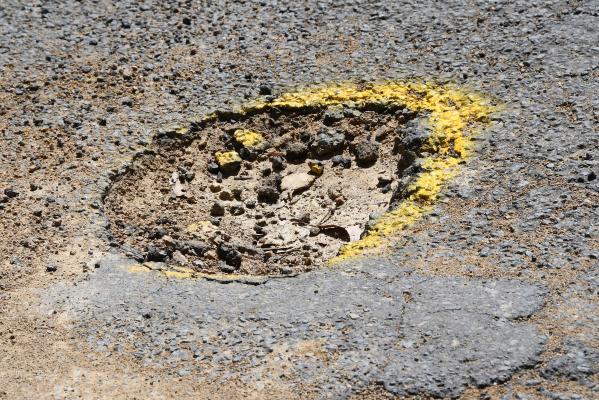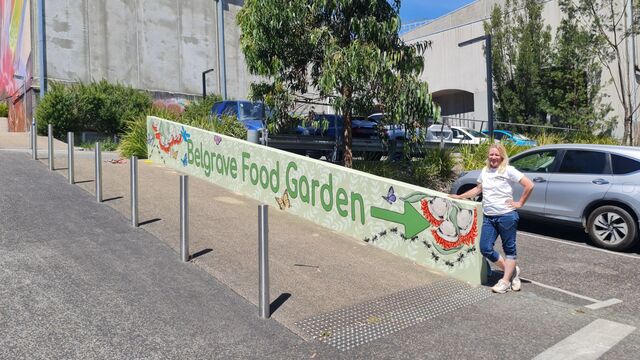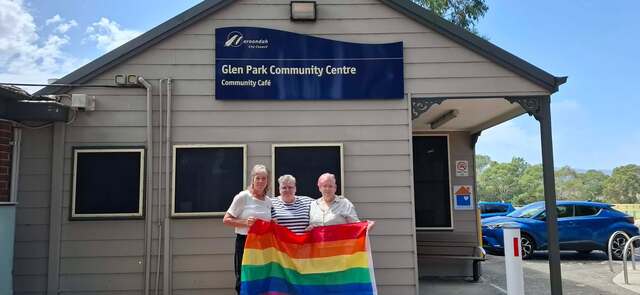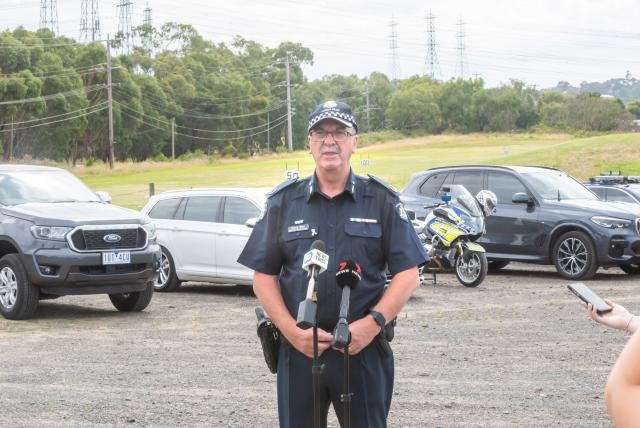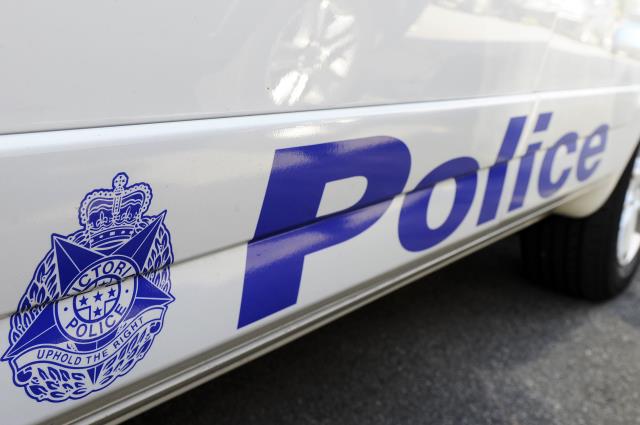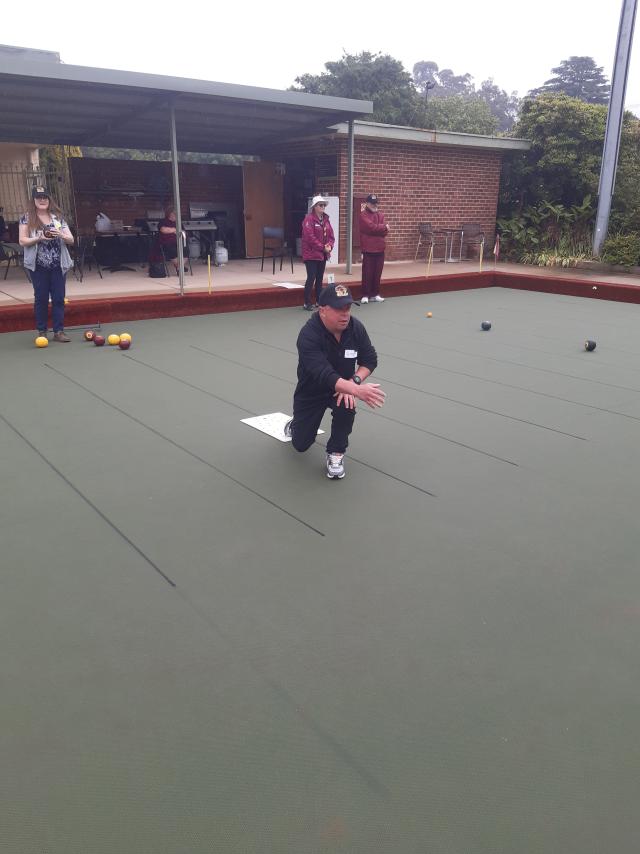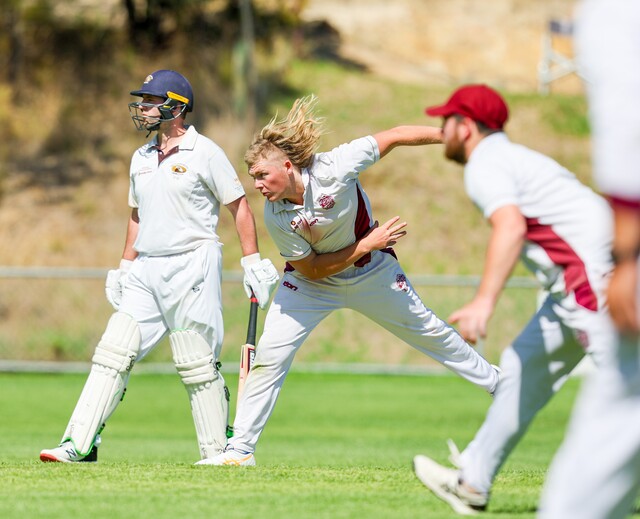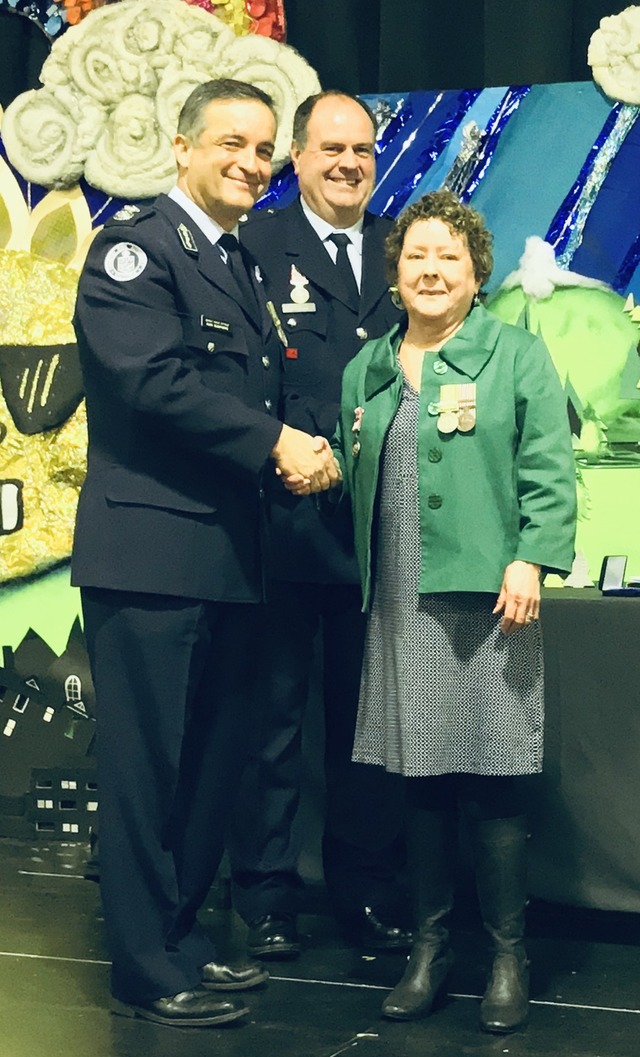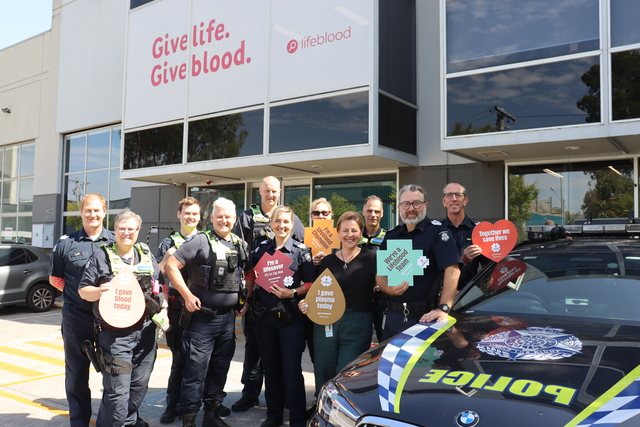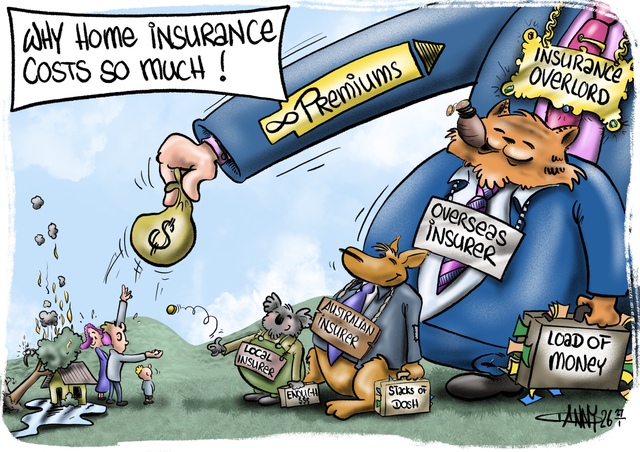A recent audit of Victorian councils, including Yarra Ranges Council, has revealed local government authorities “do not know whether they are achieving value for money” out of their local road maintenance programs, potentially exposing themselves to legal liability.
Victorian Auditor General Andrew Greaves called for the audit to ensure councils are maintaining roads in a cost-efficient and financially sustainable way, with local roads representing 10 percent of council expenditure across the state.
The audit, which focused on five councils, examined whether councils use asset data, budget information and community consultation to inform of their plans for road maintenance.
Yarra Ranges Council was put under the spotlight alongside City of Greater Bendigo, Gannawarra Shire Council, Maribyrnong City Council and Northern Grampians Shire Council, in order to represent a range of council types and sizes.
A sector-wide questionnaire to collect road maintenance data was also conducted, with all 79 councils across the state participating.
The report concludes that councils cannot determine whether they are achieving value for money because they lack the data that would allow them to analyse or benchmark their performance.
The audited councils were found to be non-compliant with timeliness standards in their Road Maintenance Plans for planned inspections and reactive maintenance, reducing the quality of local roads over time.
Yarra Ranges Council was found to be the one of just two of the councils to use modern road-surveying equipment, such as laser-based devices to detect road texture and survey vehicles to gather information on roughness and strength of roads, as well as digital cameras.
The reasons cited by other councils for not using technology to assist with data was associated costs. Yarra Ranges Council was commended and used as an example to other councils for its collaboration with four other local councils to develop and advertise tenders for road surveyors.
The report states the four councils worked together to evaluate the tenders, with the collaboration meaning Yarra Ranges Council saved 12 percent on the road surveyors usual price.
The audit also revealed many councils are not effective at communicating with their community about planned works. Yarra Ranges Council was again used as a positive example, with a website that allows residents to search when council will grade specific roads.
However, Yarra Ranges Council was the only council that does not survey its unsealed road network, with its Road Maintenance Plan not requiring the council to inspect unsealed roads despite them making up 65 percent of the shire’s road network.
Yarra Ranges Council advised the audit that it reviews the condition of its unsealed roads between three to six times a year through inspections. However, it does not collect this data or input it into its road management system.
“As a result, Yarra Ranges is not ensuring it incorporates up-to-date data on unsealed roads into its planning processes,” the audit revealed.
“Because Yarra Ranges does not maintain up-to-date road condition data for unsealed roads, it is lacking important data to support predictive modelling,” it states.
Director of Environment and Infrastructure at Yarra Ranges Council Mark Varmalis said the shire has a network of unsealed roads totalling more than 700 kilometres.
The Star Mail understands these unsealed roads are graded between three and six times each year, which Council says is consistent with the Australian Road Research Board gudelines.
“However, our level of record keeping about road condition and inspections can be improved by surveying of the road network every three to five years in a similar manner to the sealed road network. We noted in the audit that currently an up to date record is not maintained on the specific condition of unsealed roads in our Asset Register,” Mr Varmalis said.
Mr Varmalis said council welcomes the audit findings and accepts all of the recommendations in the report, “particularly the recommendation that road condition data is recorded and maintained centrally”.
“We’ve just awarded a contract for road surveying services for our sealed road network and will be looking at introducing a similar approach to the unsealed road network,” he said.
Council’s Roads for the Community program, funded by the Federal Government and landowners, will result in more than 550 unsealed roads across the Yarra Ranges being sealed over 10 years.

